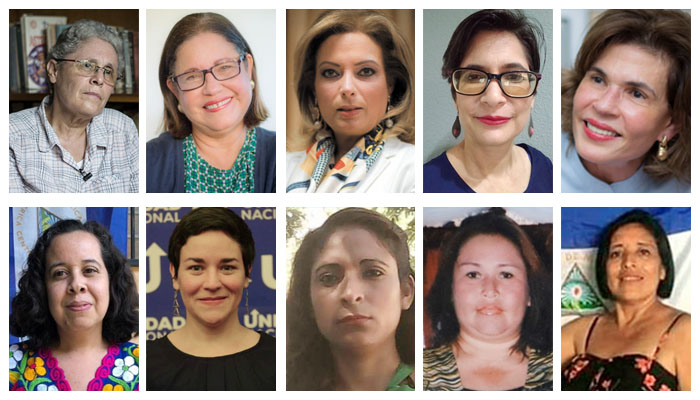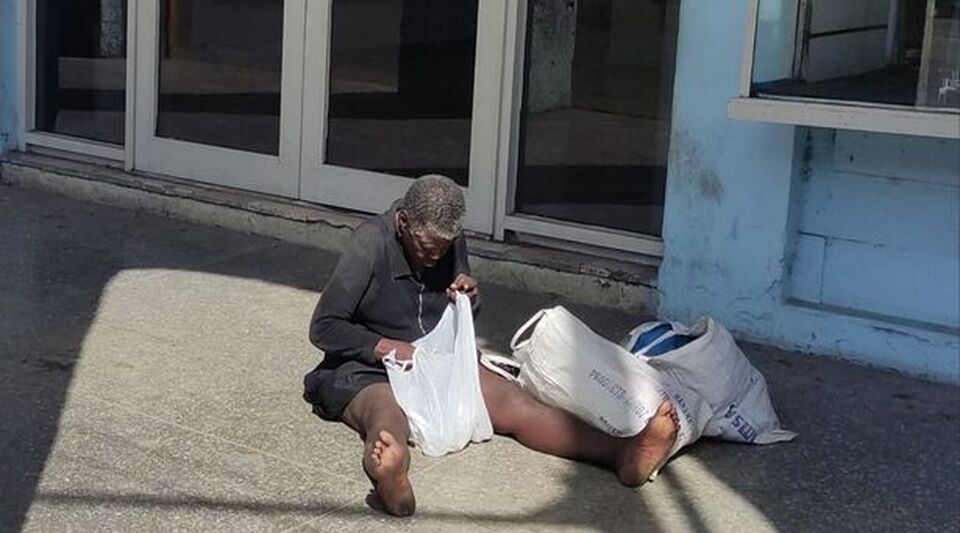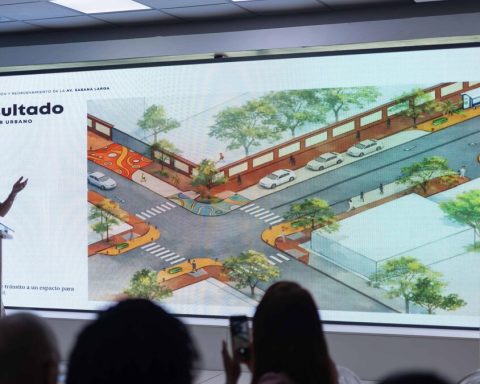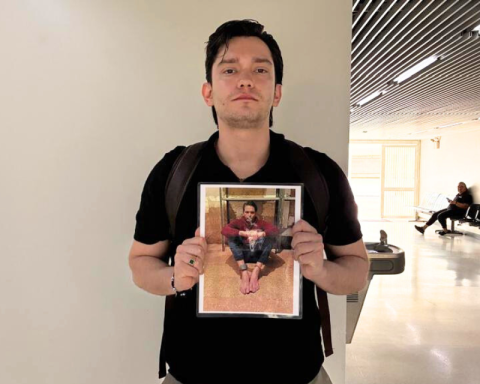The Inter-American Commission on Human Rights (IACHR) included, in its report «Women deprived of Liberty in the Americas»the situation of political prisoners in Nicaragua, imprisoned for defending human rights.
The Commission took up the complaints of women prosecuted for belonging to groups or initiatives in charge of defending people detained during civic protests. Practicing journalism is another of the causes that has led to the imprisonment of opposition women and others for forming student groups.
The letter resumes the imprisonment of 27 women, the number that in 2019 was recognized by the government of Daniel Ortega. In this context, they were accused of crimes such as: terrorism, exposing people to danger and terrorism.
Imprisoned and expelled
Human rights organizations count at least 20 women involved in human rights and political issues who were deprived of their liberty and expelled from the country. They were also stripped of their nationality and of living with their families, in some cases their children; minors.
subjected to torture
The IACHR documented the acts of torture to which the political prisoners were subjected; The document highlights that they were victims of acts of violence and mistreatment. The aggressors are identified as public agents. «Women in Nicaragua suffer special situations of risk, they are subjected to physical, sexual and psychological violence, which includes undue beatings and touching(…) threats of death and rape»details the letter.
The methods applied, according to the report, are carried out in order to punish them or obtain information, in addition to humiliating them from the moment of their arrest. Independent organizations such as Blue and White Monitoring highlight that there are currently 64 political prisoners in Nicaragua, of which 10 are women. They are facing judicial processes, some within the La Esperanza Penitentiary System and the minority under a house regime for jail or probation.
The Nicaragua Human Rights Collective Nunca Más published a compilation of 158 complaints of torture carried out in the country’s prisons. One of the accounts is that of a young woman who testified how she was raped multiple times by five agents; including a police chief. In her account, she highlighted that they burned her with cigarettes. His constant abuse of her led her to beg for his life to be taken from her.
Absence of education
The Report mentioned that 83% of those sentenced are paying for alleged crimes associated with the distribution of drugs.
They conclude that the criminal act of women in these cases is due to the lack of job opportunities, poverty and social exclusion; in addition to the lack of opportunities to access education, since most of the inmates did not finish primary school.

















